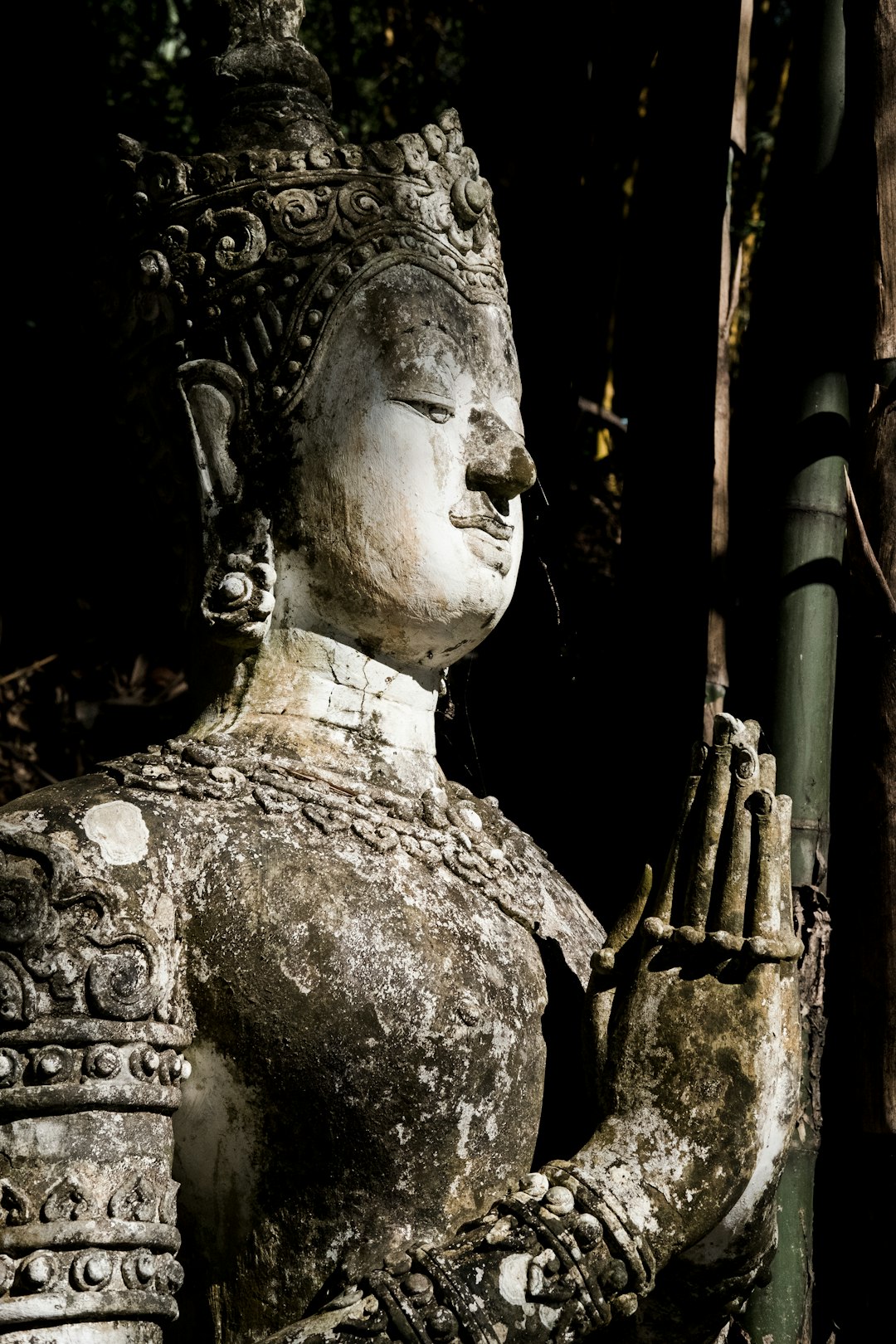Exploring the Concept of Afterlife in Different Religions
Throughout history, human beings have been plagued by a constant quest for answers regarding what happens to us after death. The concept of afterlife has become a central element of various religious beliefs, shaping the way people live their lives and perceive the world around them. In this blog post, we will explore the fascinating and often diverse perspectives on the afterlife in different religions.
One of the largest religions in the world, Christianity, offers a vivid description of the afterlife. According to Christian belief, those who lead a righteous and virtuous life will ascend to heaven, where they will live in eternal bliss, experiencing the divine presence of God. Conversely, those who are sinful and reject God’s teachings will face eternal damnation in hell. This concept instills a moral framework in believers, as they aim to attain salvation and avoid the eternal consequences of their actions.
Islam, another major world religion, also holds strong beliefs about the afterlife. Muslims believe in a Day of Judgment, where all souls will be held accountable for their deeds. Those who followed the path of Islam faithfully and upheld their religious obligations will be rewarded with paradise. They will be surrounded by peace and joy, with rivers of milk, honey, and wine flowing abundantly. However, those who reject Islam or engage in sinful acts will be condemned to hell, where they will endure punishment, and suffering for eternity.
Moving eastward, Hinduism offers a unique perspective on the afterlife. In Hindu belief, life and death are seen as part of an endless cycle called samsara. The ultimate goal for Hindus is to break free from this cycle and achieve moksha, or liberation from the cycle of reincarnation. They believe in karma, the law of cause and effect, which dictates that one’s actions in this life will determine their fate in the next. The virtuous are said to be reborn in higher realms, while the sinful are reborn in lower realms or even as animals. Moksha, achieved by attaining self-realization and oneness with the divine, leads to an ultimate union with a higher power, liberating the soul from all human sufferings.
Buddhism, a religion that emerged from Hinduism, shares some similarities with its parent religion but also introduces its own unique concepts. Buddhists believe in the principle of rebirth, an endless cycle of death and reincarnation. However, unlike Hinduism, Buddhism emphasizes the importance of escaping this cycle rather than striving for union with a higher power. Buddhists seek to attain enlightenment and enter into a state of nirvana, a state of complete and ultimate peace. Through meditation and self-reflection, they aim to detach themselves from the desires and attachments that bind them to the cycle of rebirth.
Turning to a religion that originated in ancient Egypt, we find a distinct perception of the afterlife in the form of ancient Egyptian mythology. Ancient Egyptians believed in the need for the preservation of the physical body through mummification, as they believed it was crucial for the soul’s journey to the afterlife. They believed that the soul, referred to as the ‘ka,’ would continue to exist after death and would require the body to house it. The deceased would face judgment by Osiris, the god of death, and their fate would be determined by the weighing of their heart against the feather of truth. If deemed pure, the soul would be guided to the Field of Reeds, a paradise-like afterlife. However, if the heart was found heavy with sin, the soul would be devoured by a monster, thus facing eternal annihilation.
These examples only scratch the surface of the diverse perspectives on the afterlife in different religions. Each religion offers its own interpretation, answering the profound questions about what happens to us after death. Regardless of one’s personal beliefs, the concept of the afterlife holds significant influence over the values, morals, and choices people make in their daily lives.
In conclusion, exploring the concept of the afterlife in different religions is an enlightening journey into the depths of human spirituality. From Christianity’s vision of heaven and hell to Hinduism’s cycle of reincarnation, from Buddhism’s pursuit of enlightenment to ancient Egyptian mythology’s Field of Reeds, each religion offers its unique perspective. While the specific beliefs may differ, the concept of an afterlife serves as a driving force for believers to navigate their existence with purpose, morality, and hope for something beyond this earthly realm.

